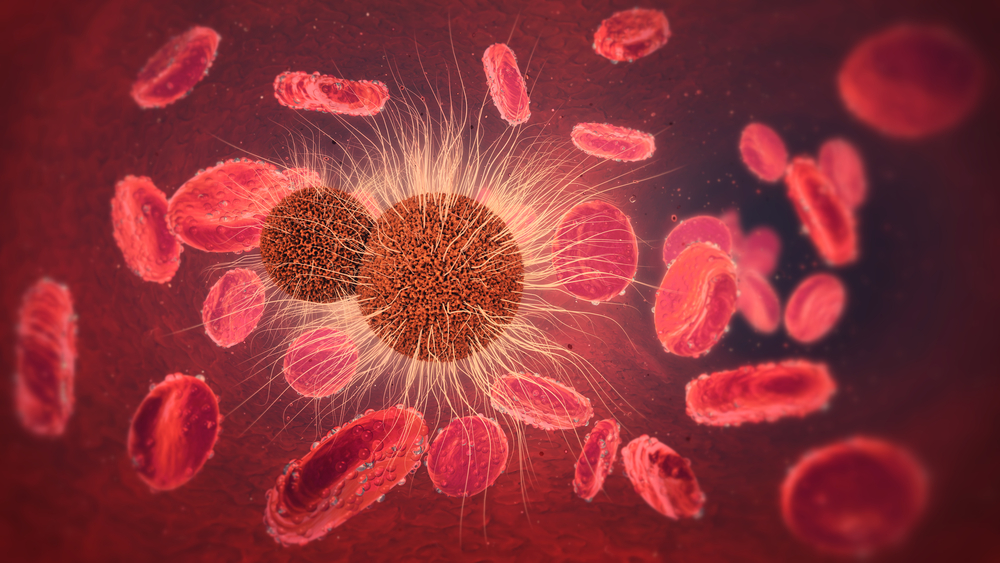Breakthroughs in the scientific department are always interesting to keep an eye on. This is especially true when looking at things from a technology perspective. It appears UCLA scientists have devised a new supercapacitor which can draw energy directly from the human body. If this revelation holds up, it could shape the future of implantable medical devices.
Battery-free Medical Implants Are on the Horizon
Even though scientists have made significant progress with implantable medical devices, there are still some issues associated with them. Not just on the security front, which is an entirely different matter. All of these devices are equipped with a battery, which means they will need replacing at some point in the future. Moreover, should the battery run out of energy, things could become quite catastrophic quickly.
This is why the researchers at UCLA and the University of Connecticut have come up with a new solution. According to their research, the team successfully created a supercapacitor capable of drawing energy from the human body. As a result, pacemakers and other implantable medical devices would no longer need a battery to operate. That is quite a significant breakthrough.
To put this news into perspective, the biological supercapacitor is capable of extracting charged particles from fluids in the human body. More importantly, this whole system is harmless to the human body itself, and it may improve the longevity of implantable medical devices altogether. The team released the official findings in a paper earlier this week. This new supercapacitor also removes the need for future operations to replace dead batteries in a medical device.
Should this technology ever come to market, it will be used as a way to store energy inside implantable medical devices directly. The device would feature an energy harvester, which converts heat and motion form the human body into electricity. This process is somewhat similar to self-winding watches. For some time now, researchers have wondered how they can capture energy generated by the human body, and it seems this solution may be the key to unlocking that mystery.
The scientists are fairly certain this breakthrough will result in much smaller implantable medical devices in the future. Close to half of all of these devices are taken up by the battery alone. Shaving off this “extra space” and replacing it with something that is a micro-sized will open up a lot of new and exciting opportunities. As long as the user has blood serum pumping through their body, they will be able to power their pacemaker or other medical devices with ease.
It is evident we live in an era where massive medical breakthroughs will become the new norm. Coming up with a viable way to charge implantable medical devices without using a traditional battery is quite a novelty. It will still take a few more years before – if ever – this technology comes to market. Rest assured a lot of scientists will be paying close attention to any further developments in this regard.
If you liked this article, follow us on Twitter @themerklenews and make sure to subscribe to our newsletter to receive the latest bitcoin, cryptocurrency, and technology news.

